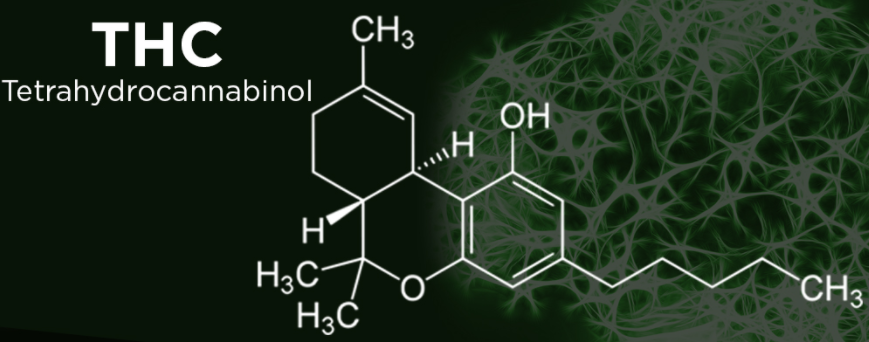Tetrahydrocannabinol or THC is the psychoactive cannabinoid that is highly therapeutic, however also controversial.
It is a molecule that gets you ‘high’ and that fact looms over the therapeutic benefits, some of which comes from the fact that it gets you ‘high’.
Even when medical cannabis started to create headlines for its medical properties, initially the other popular cannabinoid, Cannabidiol (CBD) was championed as the therapeutic substance and THC was frowned upon and still is by many cannabis opponents.
You may still hear the kinds of comments that THC damages your brain… it causes memory loss… your IQ will drop and so on.
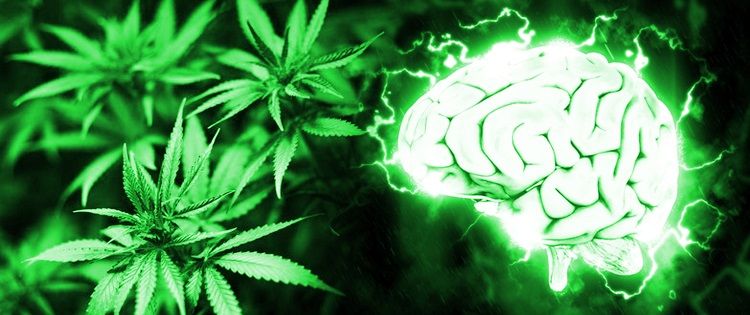
The root of the misinformation about the negative effects of the THC molecule on the brain goes back to 1974 when Dr Robert Health conducted his research aimed at discovering possible brain damage caused by smoking cannabis.
The research was carried out on monkeys in control groups and have not found any difference or abnormalities of the brain waves initially, but then he inserted electrodes into the brain and draw the conclusion that “We seem to be playing with dangerous, dangerous stuff.”
“It appears that the active ingredient in marijuana, called Delta-9-THC, goes directly to the cell membranes of the emotional center. Temporarily it stimulates pleasure symptoms, but after repeated use it exhausts the pleasure chemicals of the brain.” The end result: “a reduction of interest and drive” (including the drives for food and sex) that lasts up to six months after the final smoke. As for the notion that pot is no worse than alcohol, Heath brands the comparison “ridiculous. Alcohol is a simple drug with a temporary effect. Marijuana is complex with a persisting effect.”
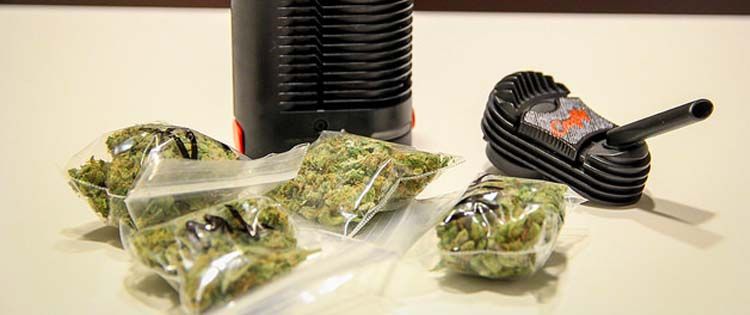
As it was later found out, Health might have been under a lot of pressure to come up with such a misinformed conclusion under the Nixon administration with the president who wanted a “Goddamn strong statement about marijuana… that just tears the ass out of them”.
Dr Health fabricated and exaggerated the outcomes of his study as the results could never be replicated and as a matter of fact, it has since been discredited by not one but two better controlled and significantly more inclusive monkey studies.
One of these studies was done by Dr William Slikker of the National Center for Toxicological Research and the other one by Charles Rebert and Gordon Pryor of SRI International.
Neither of these studies found any physical changes in the brain after being exposed to cannabis daily for a year.
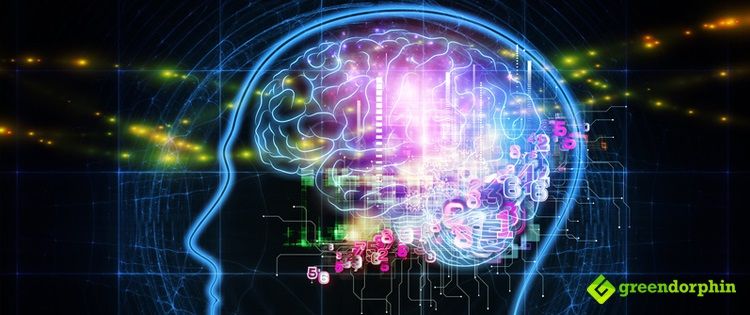
Despite the study being proved to be a fraud, it is still being used by anti cannabis propaganda as a proof that cannabis damages the brain.
One thing that Health was correct about is that comparing alcohol and marijuana was ridiculous.
Although, he thought that alcohol had a temporary effect and cannabis had complex persisting effects. A recent study looking at the effects of alcohol and cannabis in adolescents and adults found that “Chronic alcohol use is associated with lower gray matter volume, and we recently reported that alcohol use showed negative associations with widespread gray matter (GM) volume even among young adults.”
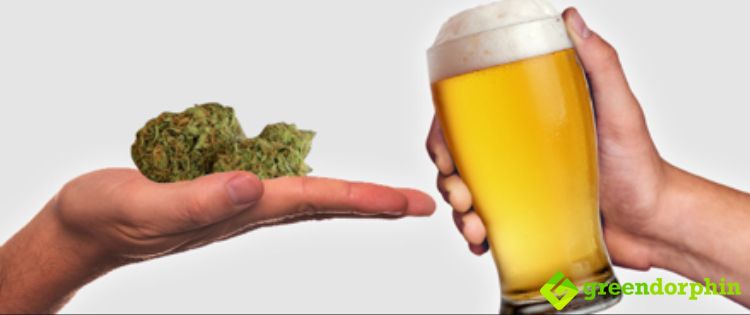
It is not a secret that alcohol is way more dangerous than cannabis and it is very damaging to the brain, while cannabis is not only non-toxic and non-damaging to the brain, but according to the latest research out of Germany, it is actually helping to reverse the brain’s ageing process.
A group of scientists from the University of Bonn in Germany, working with scientists from The Hebrew University of Jerusalem in Israel, were able to regress 2 years old mice to the state of a 2-month-old with low doses of THC.
The researchers administered low doses of THC to mice in 2, 1.5 and 1-year-old control groups and then tested their learning capacity and memory performance. The cognitive functions of all the groups became just as good as the 2-month-old control group. The placebo group showed no changes, they displayed cognitive functions normal for their age.
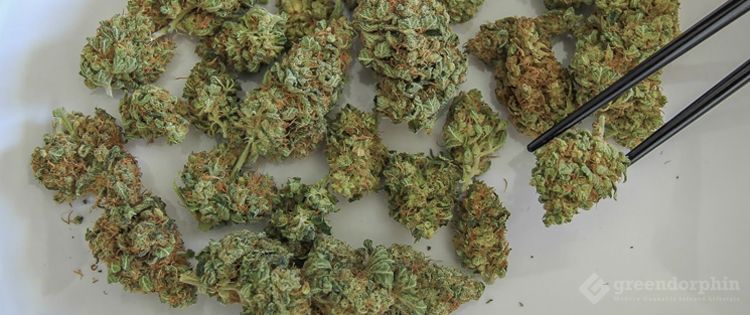
Prof. Andreas Zimmer from the Institute of Molecular Psychiatry at the University of Bonn was reported saying “The treatment completely reversed the loss of performance in the old animals”.
On the top of learning capacity and memory performance, the scientists also examined the brain tissue and gene activity of the treated mice.
These examinations confirmed the findings, as the molecular signature no longer corresponded to that of old animals, it became very similar to the molecular signature of young animals.
The research study was born out of the discovery that the brain of mice without functioning cannabinoid receptors ages much faster than the ones with fully functioning cannabinoid receptors. Most mice, as well as humans, would have these receptors, however, as the brain ages these receptors decrease.
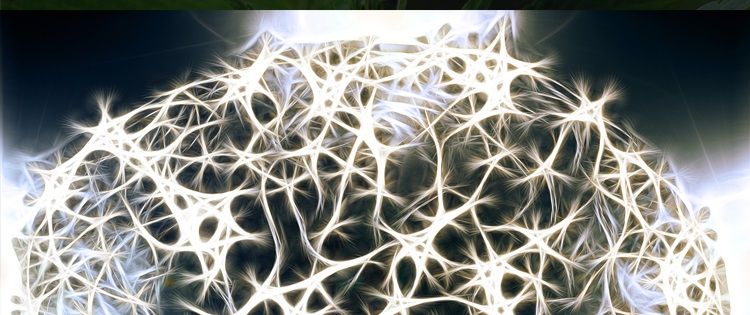
Prof. Zimmer summed it up this way:
“With increasing age, the quantity of the cannabinoids naturally formed in the brain reduces,” When the activity of the cannabinoid system declines, we find rapid aging in the brain.”
The findings are very encouraging and clinical trials on humans will be needed to confirm that this brain ageing reversing effects of THC also occurs in the human brain.
Fortunately, modern science has come a long way and not only helped to dismantle the misleading lies from Dr Health in the 70’s but helps to find new encouraging ways to use cannabis to literally reverse the ageing of the brain.
We already knew that cannabis was extremely beneficial to the senior population, however, this new research further proves that point.
If you want more information on how THC works in our body and what the main differences are between CBD and THC watch Dr John Teh, cannabis doctor explain it to you in the below video:
Share your thoughts/ views in the comments below.
- Nimbin Medican – Educating Australians About Medical Cannabis - January 28, 2020
- Pill Testing and Roadside Drug Testing – When is it Appropriate to Test for Drugs? - August 2, 2019
- The Australian Cannabis Summit in Review - July 16, 2019

